On Wednesday, CFT president Joshua Pechthalt and our AFT 2121 president Tim Killikelly submitted a joint public comment (download full comment here) to the ACCJC regarding the Commission’s proposed Restoration Status Policy. This proposed policy is not only completely unnecessary, it is also loaded with Draconian rules. Even if a college is granted “Restoration Status” and two years to be evaluated again, at the end of the two year period, ACCJC has the unbridled discretion to make any decision it wants with no opportunity for appeal by the college. So long as ACCJC insists on adopting this unworkable Restoration Status policy, which would put any college in this position at the absolute mercy of ACCJC, the draft of this policy should be rejected. More transparency and the right of appeal are what is needed–not more secrecy and absolute power. Read a summary of our union’s public comment to the ACCJC below.
Summary: Analysis of ACCJC’s proposed “Restoration Status” policy
On June 11, 2014, the Accrediting Commission for Community and Junior Colleges unveiled a proposed new policy called “Restoration Status.” Under this policy, a college that has been issued a disaccreditation decision can apply for more time to meet ACCJC standards. However, the new policy is loaded with draconian rules. Additionally, the policy is not necessary in order to meet the needs of City College of San Francisco (CCSF) or any other community colleges.
Under the proposed restoration status the College must risk immediate termination without appeal. One of the most glaring deficiencies in ACCJC’s new policy is that if ACCJC decides a college applying for Restoration Status is “not in compliance with Eligibility Requirements, Accreditation Standards, and Commission practices, then the termination implementation will be reactivated and the effective date will be immediate. There will be no further right to request a review or appeal in this matter.” (Proposed policy, p. 2)
In other words, if after spending tens or hundreds of thousands of dollars to meet ACCJC requirements, employing the labor of hundreds of college employees, involving the public and students, if the ACCJC – behind closed doors –- rejects a college, its accreditation will be immediately terminated. And, the College has no right to review and appeal. The right to appeal is woven into the fabric of American law. Jettisoning the right to appeal eliminates a fundamental process protected by both federal and state law.
If we were dealing not with a college but with a policy aimed at a prisoner convicted of murder and awaiting appeal, then under a criminal law version of what ACCJC has proposed, the prisoner would be expected to surrender their right of appeal in exchange for the opportunity for a commission to determine in secret, if he has been “rehabilitated.” In this analogy, the prisoner would have to give up his right to appeal. Even worse, if he were denied “rehabilitation” status, the prisoner would be summarily executed, without any right of appeal.
In the case of CCSF, this would mean the summary execution of the educational rights of more than 80,000 students (who would lose their education), and 2,000 employees (who would lose their jobs). The impact on them, and San Francisco’s residents and economy, would be catastrophic. And does ACCJC intend by this policy that eschewing appeal would also effectively preclude legal action? ACCJC needs to explain this too.
There is no good reason to eliminate the appeal rights of any college. Experience has shown that a process without appeal encourages ACCJC to act illegally or carelessly or ineptly.
The CFT, City Attorney, and the Department of Education have repeatedly shown that ACCJC violates Federal and State laws, and its own policies, in the decisions it makes. Creating another opportunity for ACCJC to ignore process and procedure is no panacea for City College, and should give no comfort to those who care about the education of Bay Area residents.
The proposed restoration status policy is unnecessary – ACCJC already has the tools to extend a college’s time for a fair review. There are four separate grounds that constitute good cause for an extension of time:
- When the institution must reasonably take more than two years to correct a deficiency, while demonstrating substantial progress. This is the case for CCSF, as ACCJC told City College it had to review a full, three-year cycle to be able to evaluate CCSF’s progress. Under the policy, ACCJC could have extended time for two years or more years, as it had done for numerous California community colleges.
- When an external agency is involved that requires sequential steps to take action, such as a State agency. For CCSF that external agency is the State Chancellor’s Office, Board of Governors, and Trustee Robert Agrella. And it was Barbara Beno, according to Chancellor Brice Harris, who made it clear to him that he needed to involve a state trustee with extraordinary powers and take over the College.
- When consultants and others external to the institution are retained to assist in the resolution of the deficiency, such as a comprehensive fiscal recovery plan. That’s what Financial Crisis Management Assistance Team (FCMAT) and Mr. Agrella are doing now, as Ms. Beno was aware would be happening according to Chancellor Harris’ declaration.
- When an external agency is a participant in resolving the compliance issue, such as when state regulatory personnel are overseeing an activity. Again, that’s what FCMAT, the State Chancellor and Agrella are doing. Beno even said so in her email to Harris the night she announced disaccreditation – new leadership would allow the college to survive.
Even if a college is granted “Restoration Status” and two years to be evaluated again, at the end of the two year period, ACCJC has the unbridled discretion to make any decision it wants with no opportunity for appeal by the college. More transparency and the right of appeal are what is needed — not more secrecy and absolute power.
(Download a pdf of this summary.)


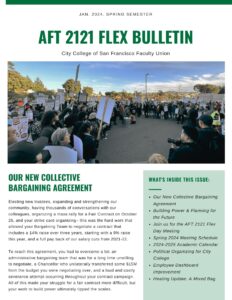
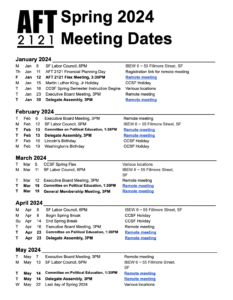
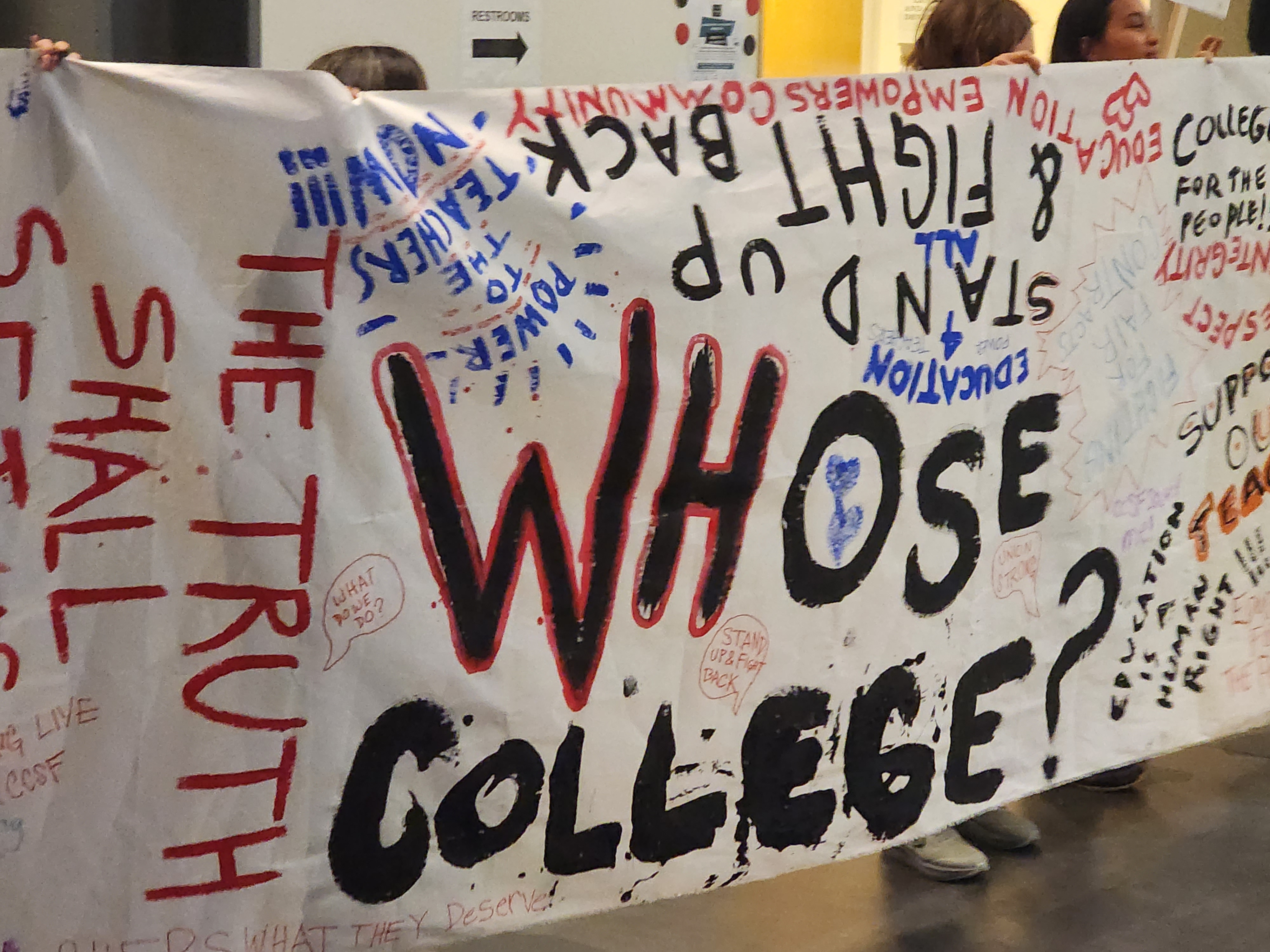
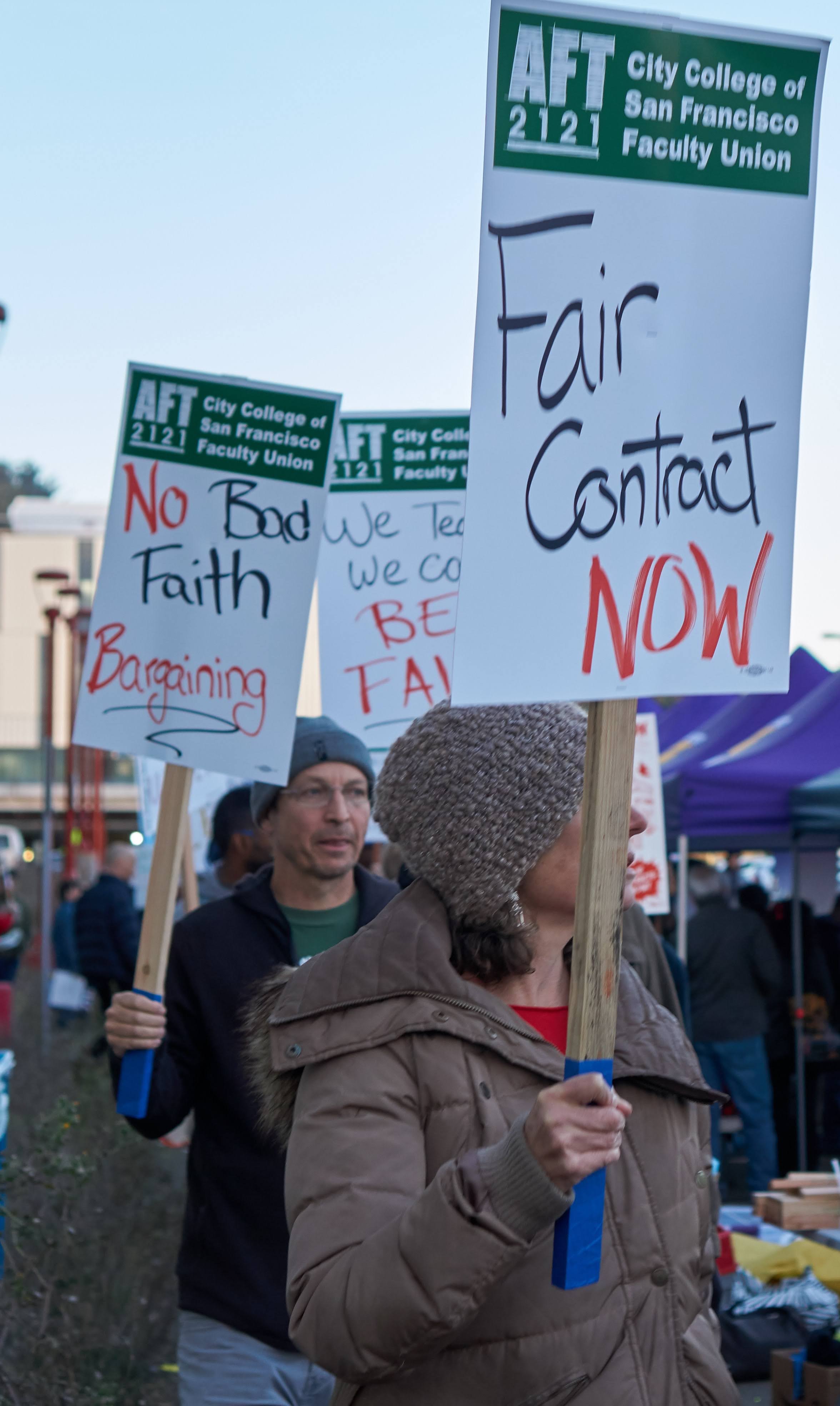
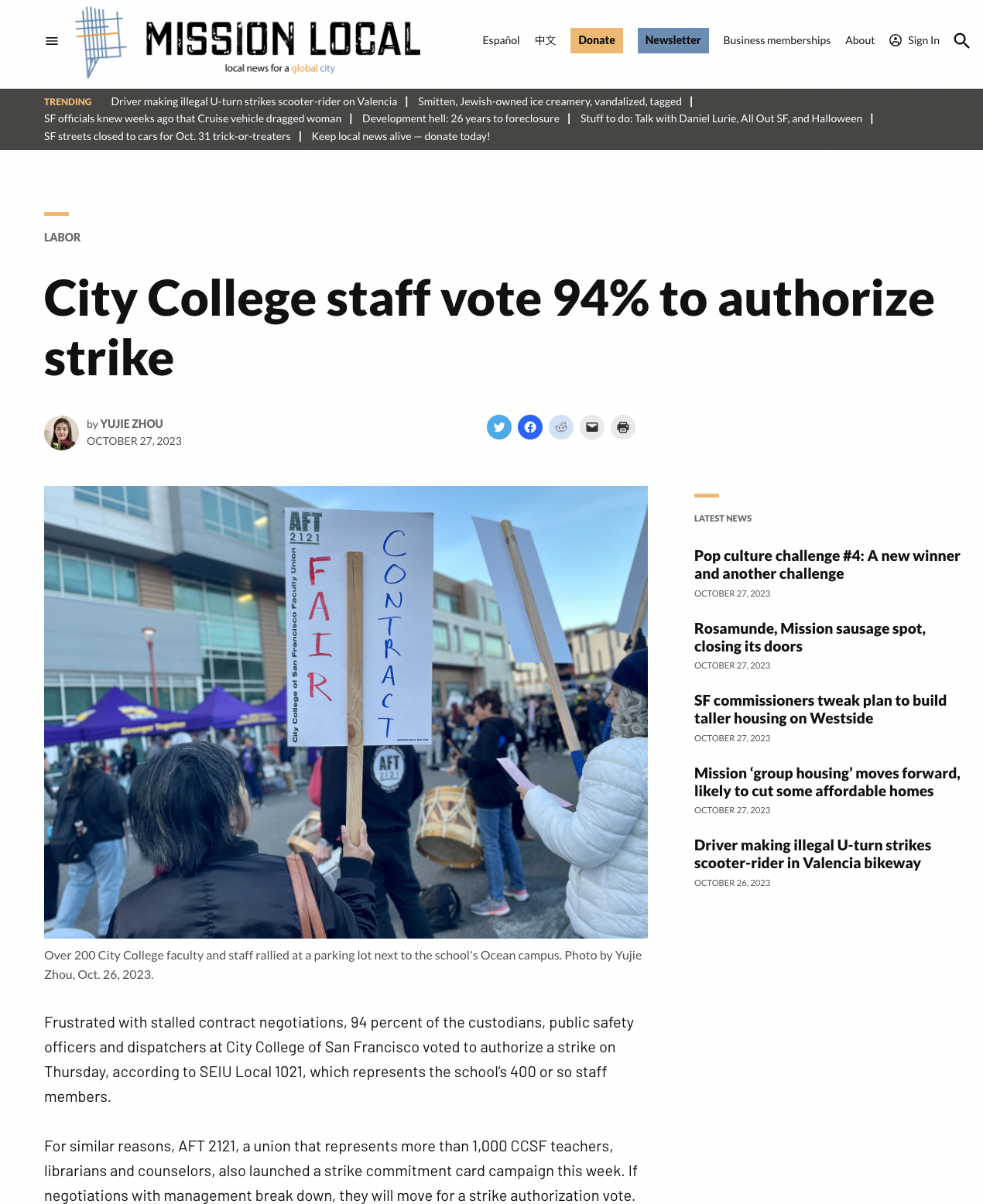
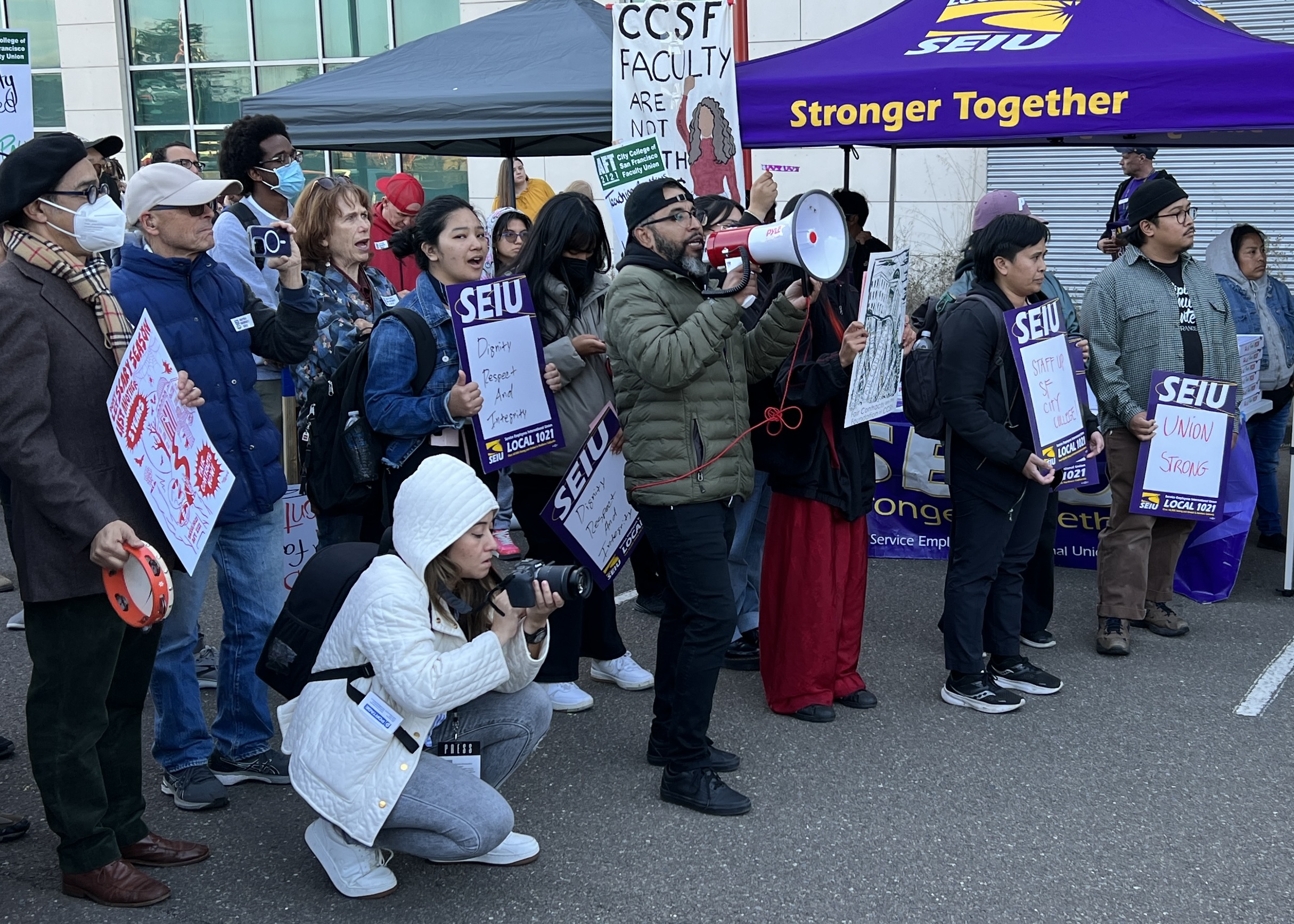
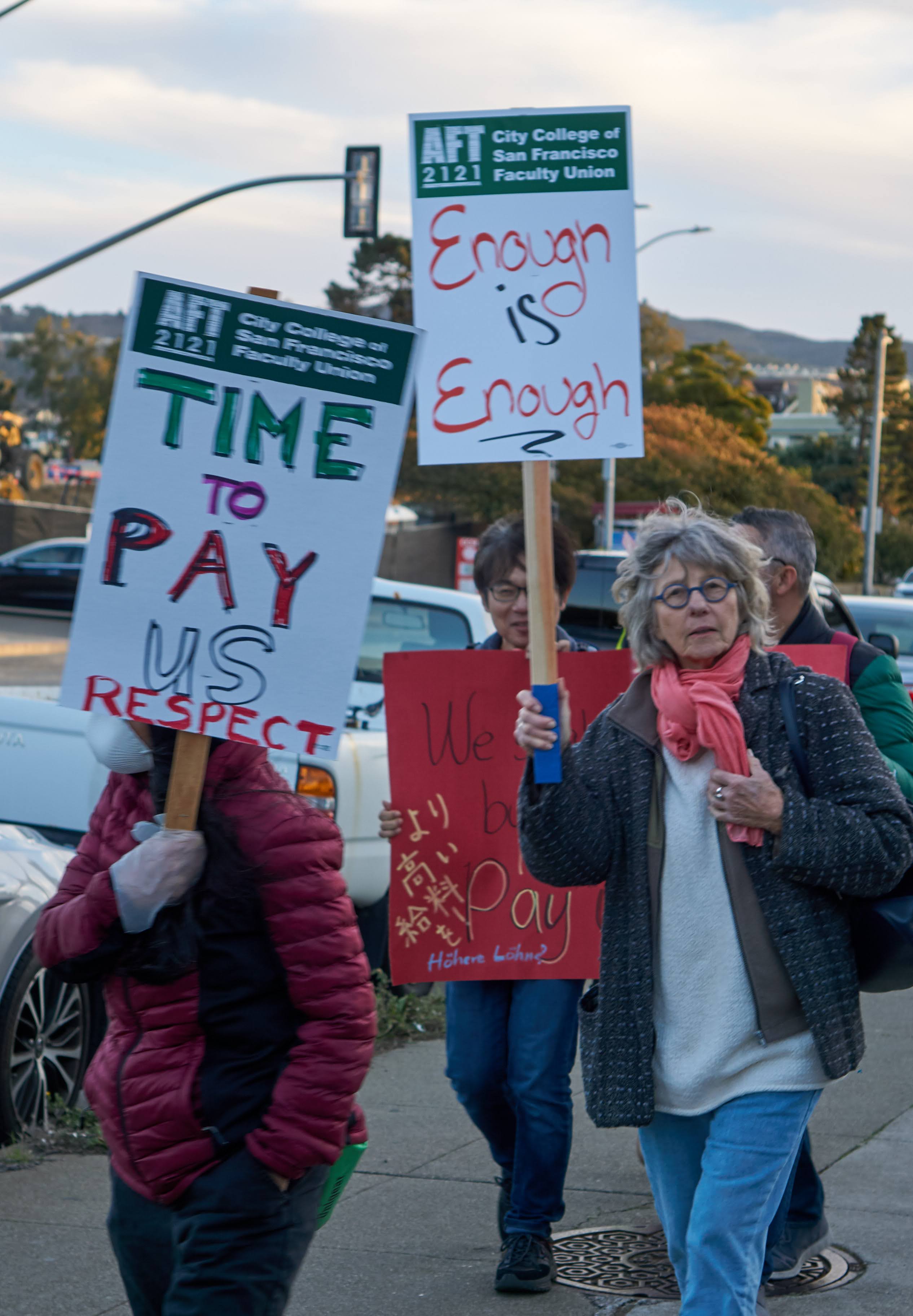
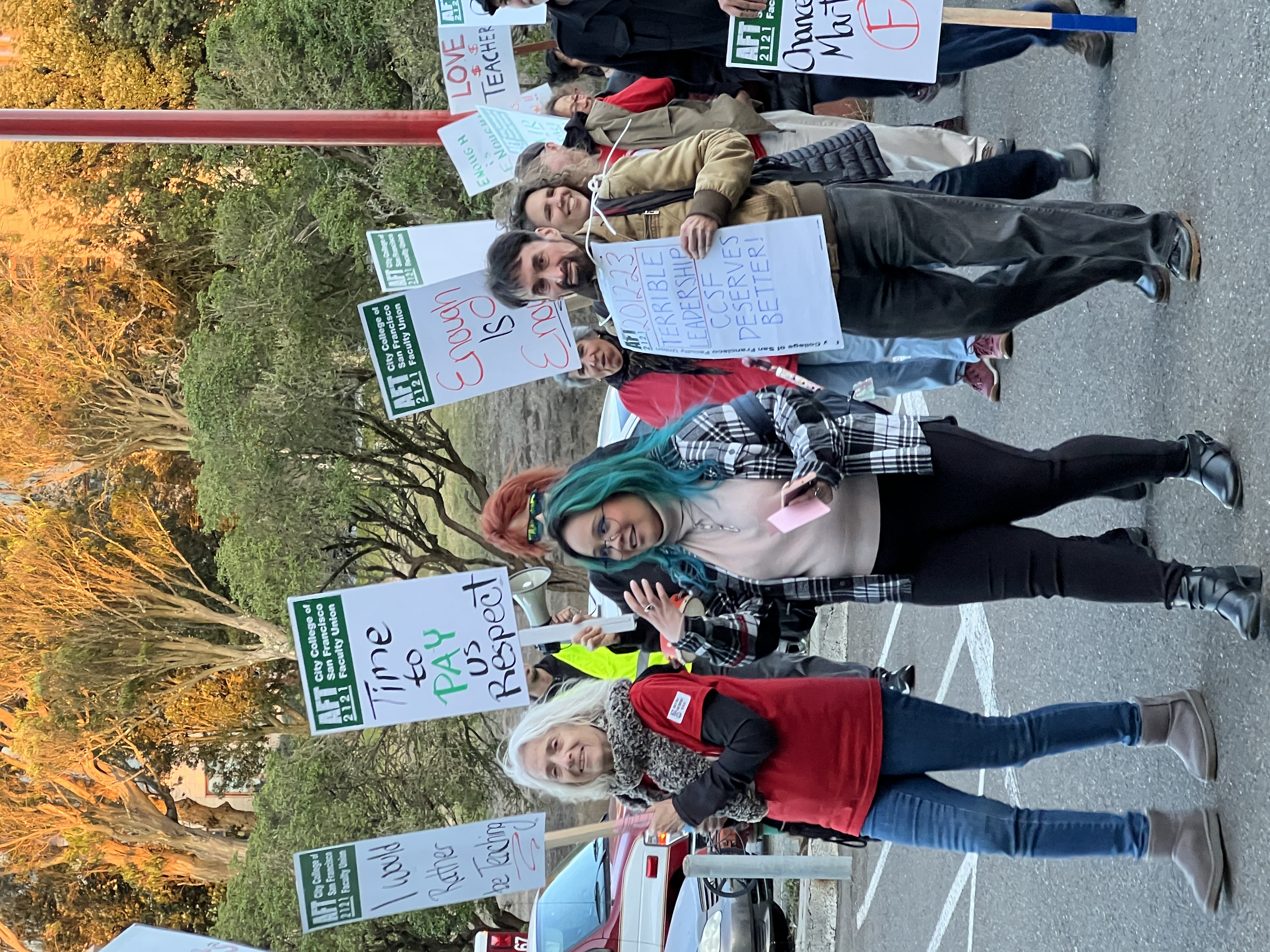
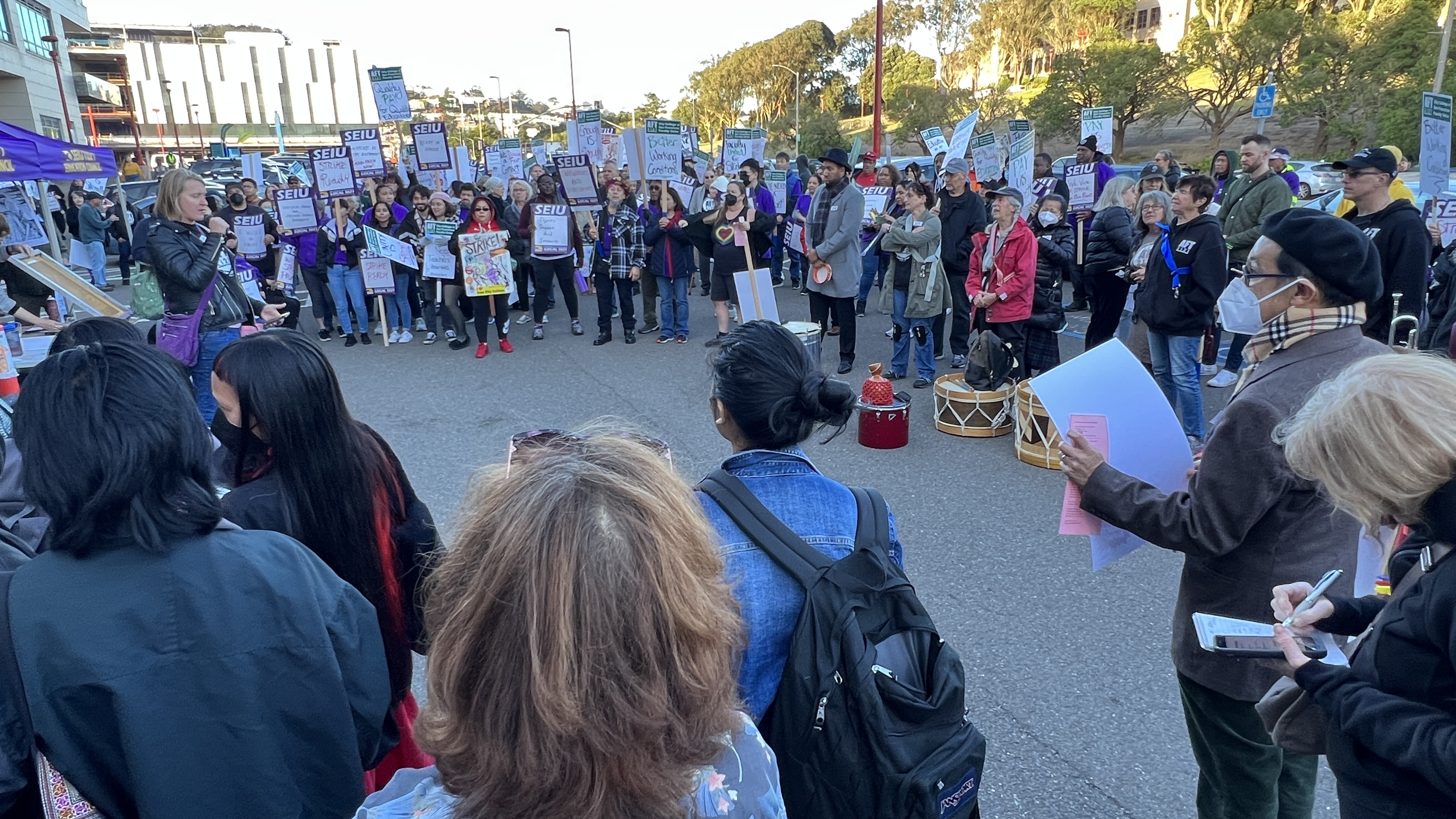
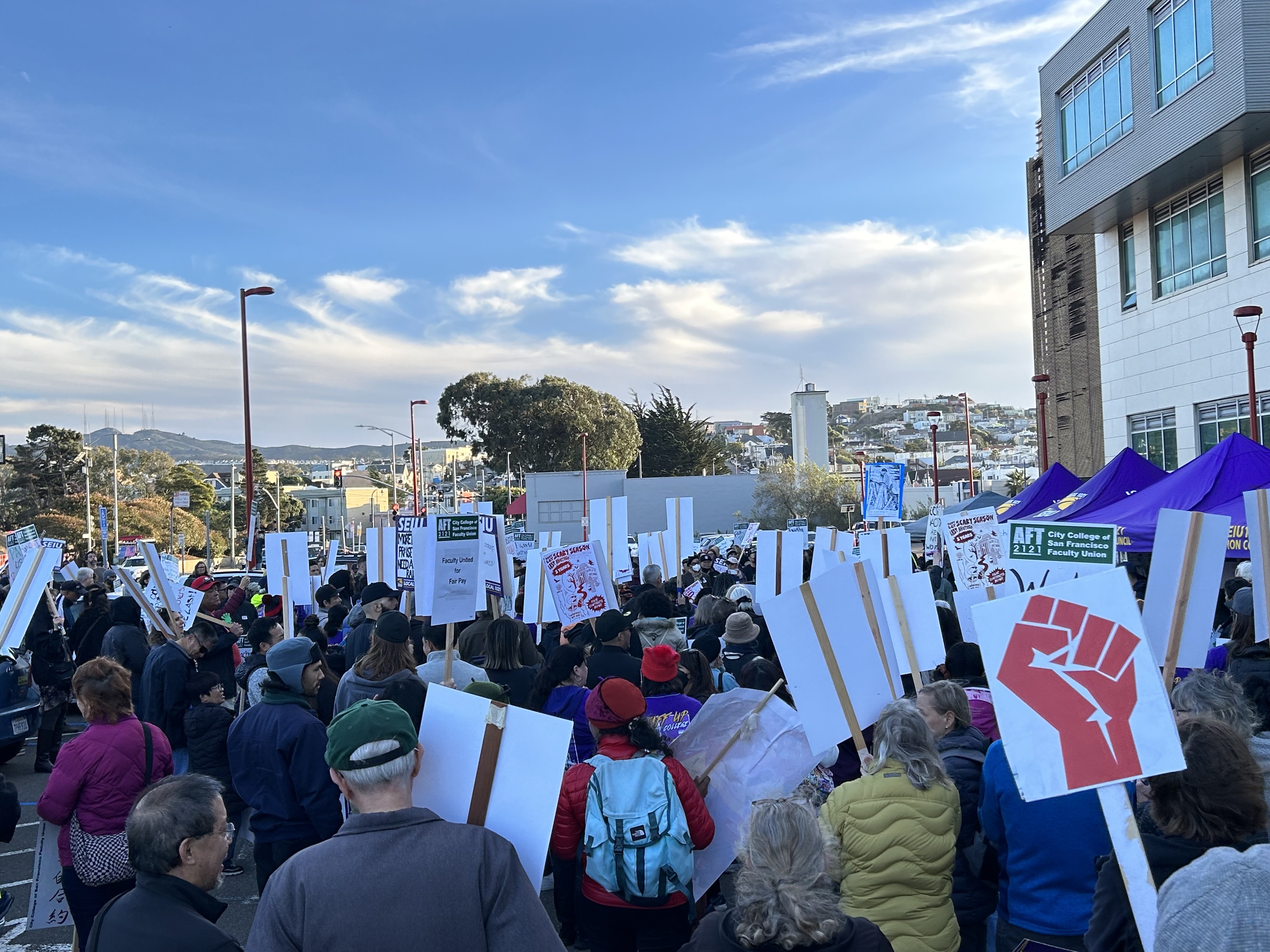

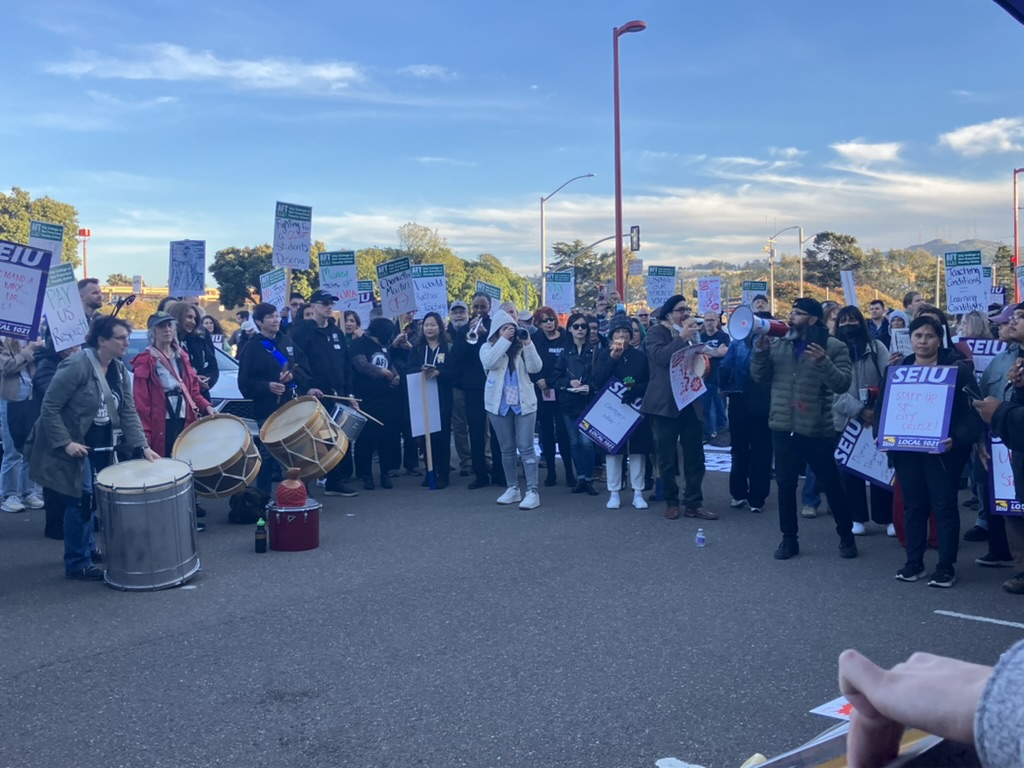
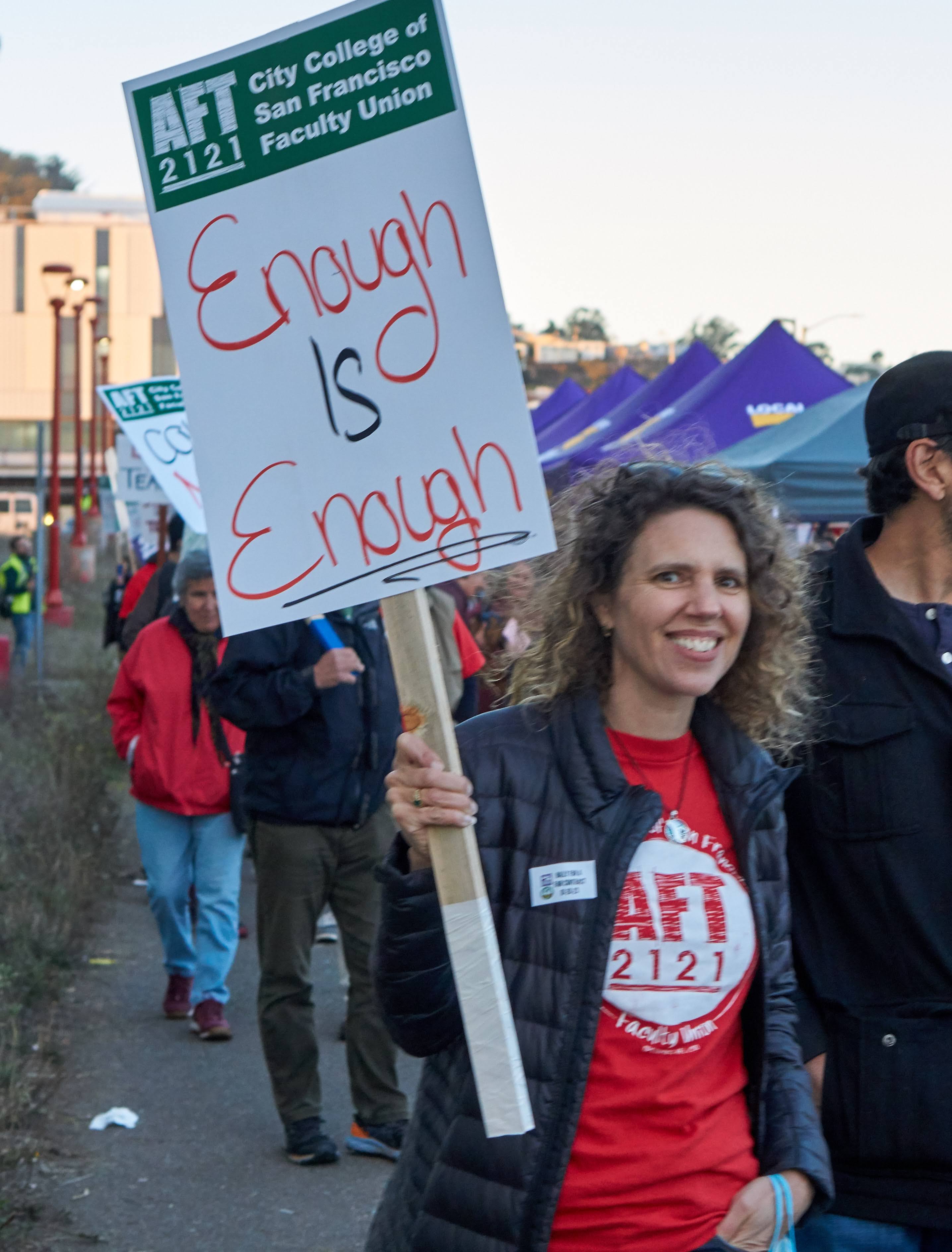

Follow Us!